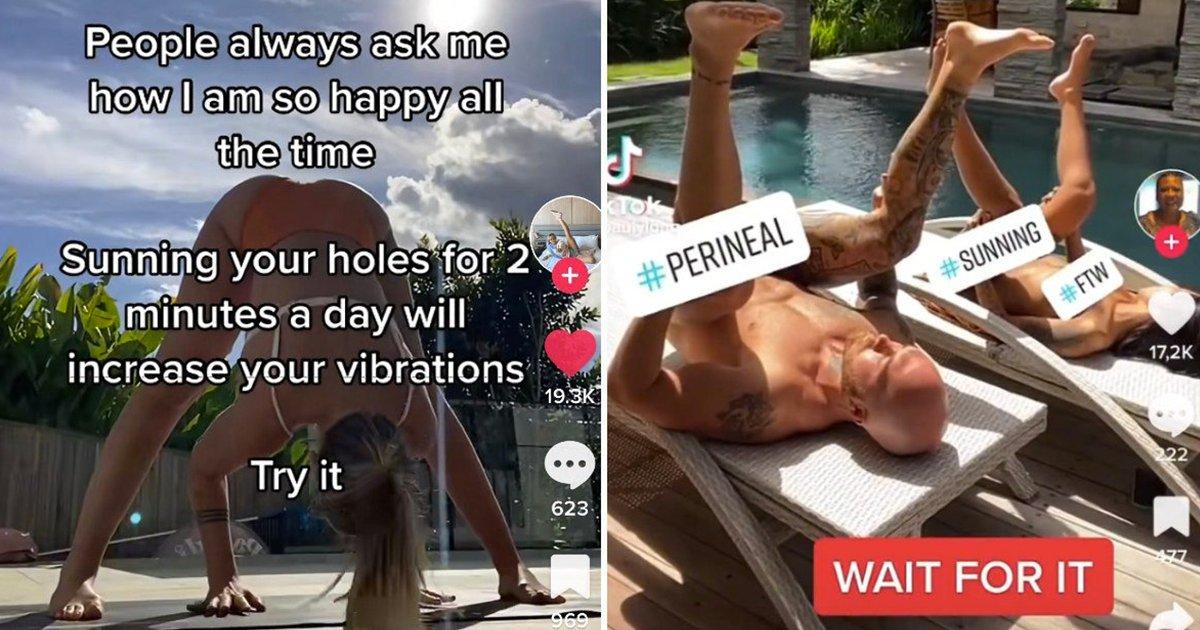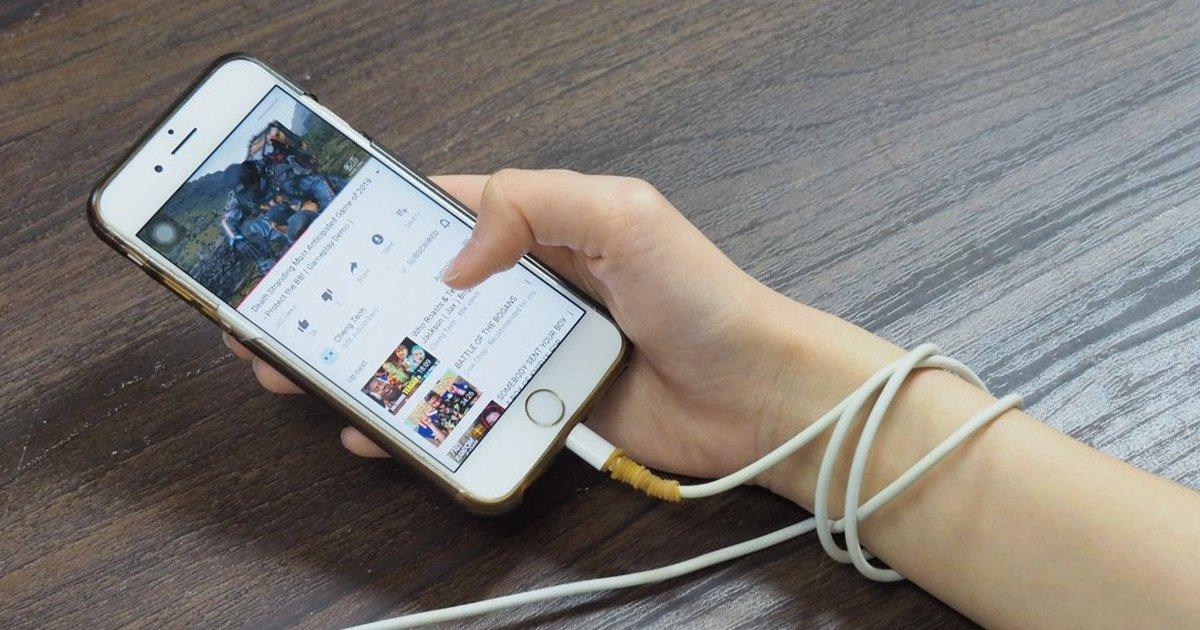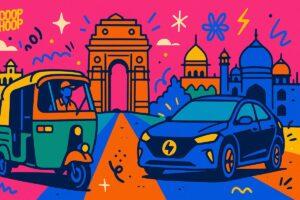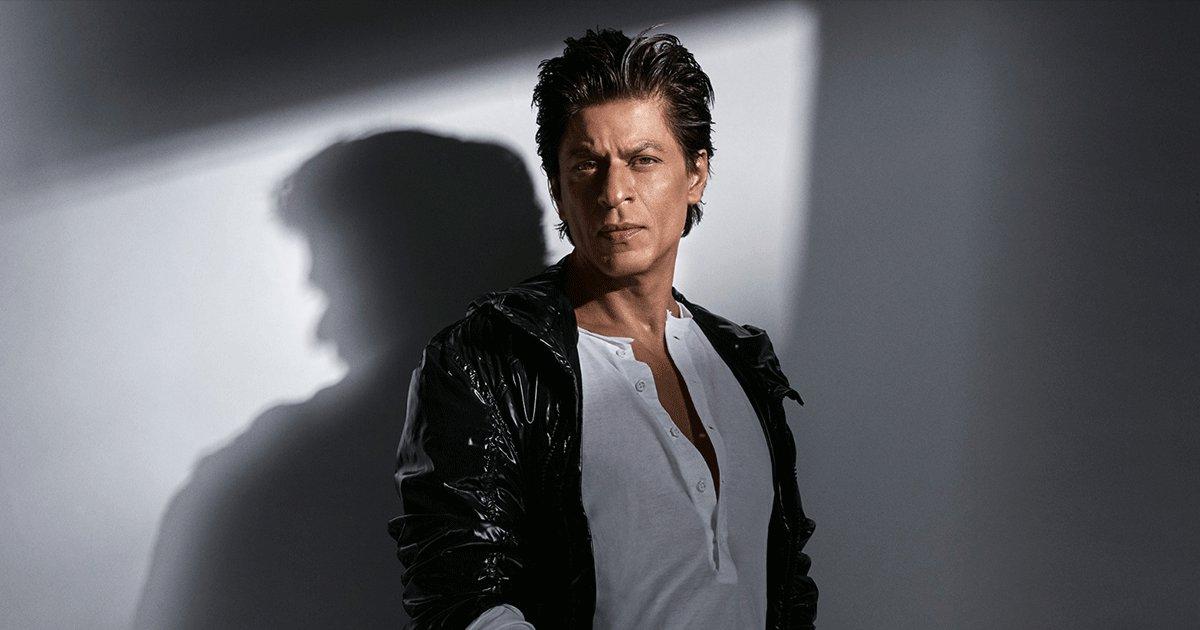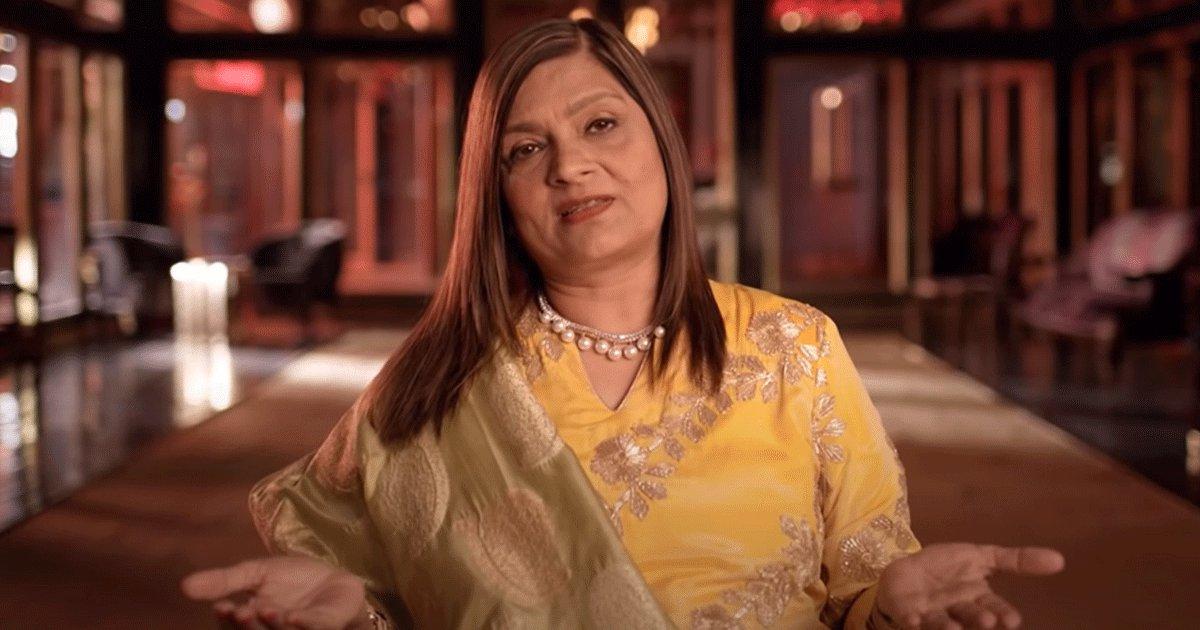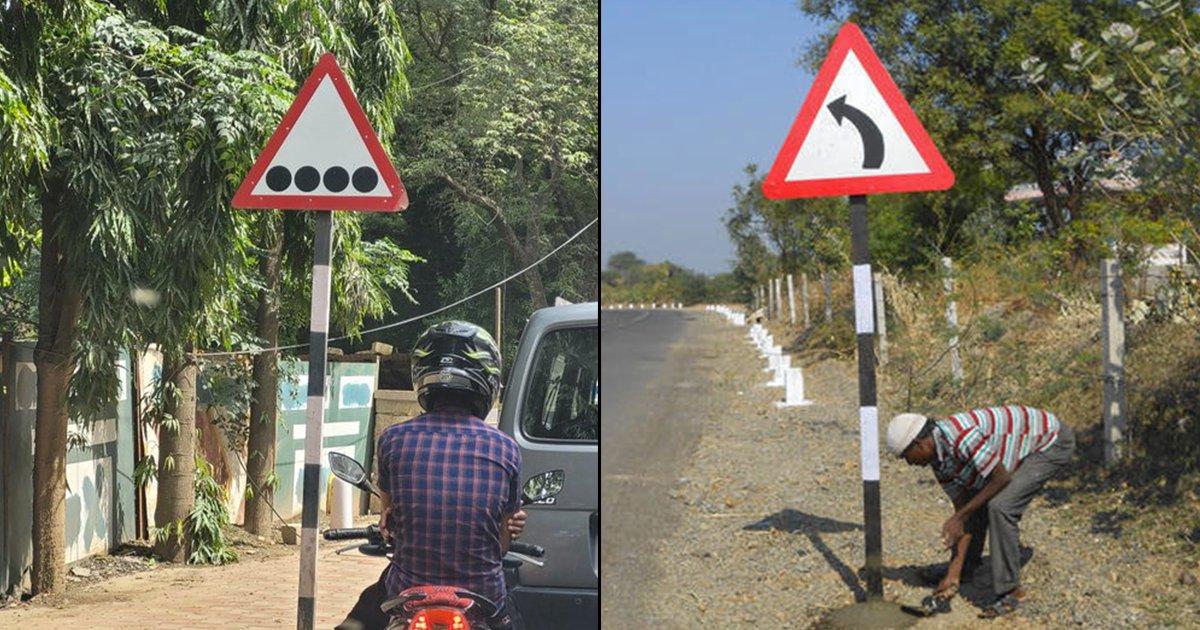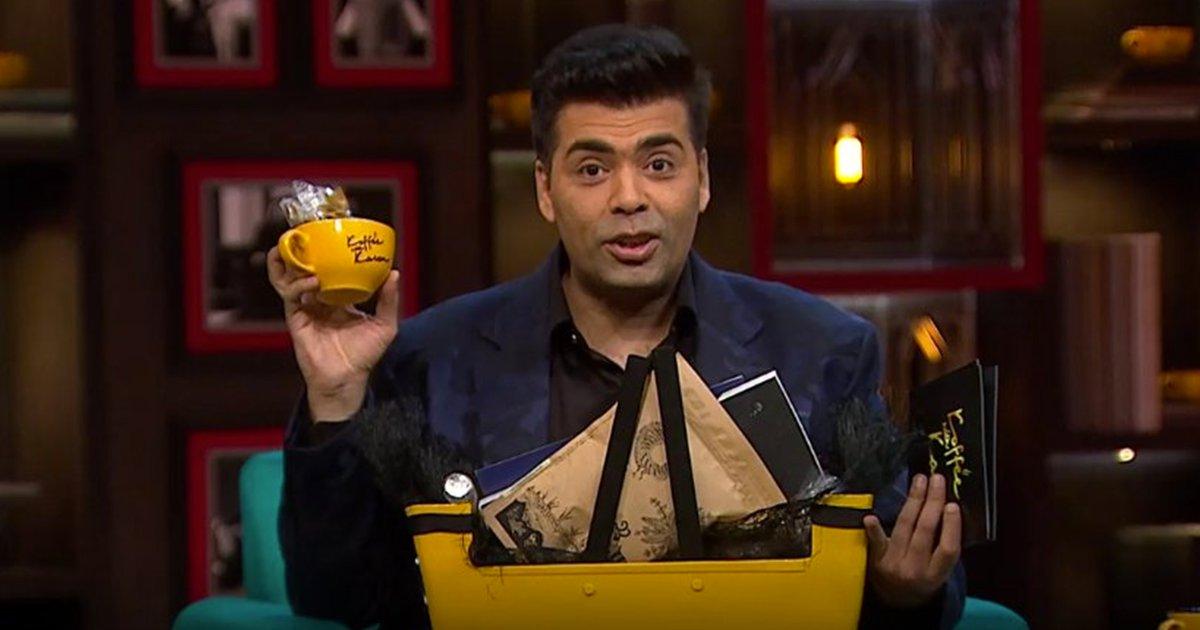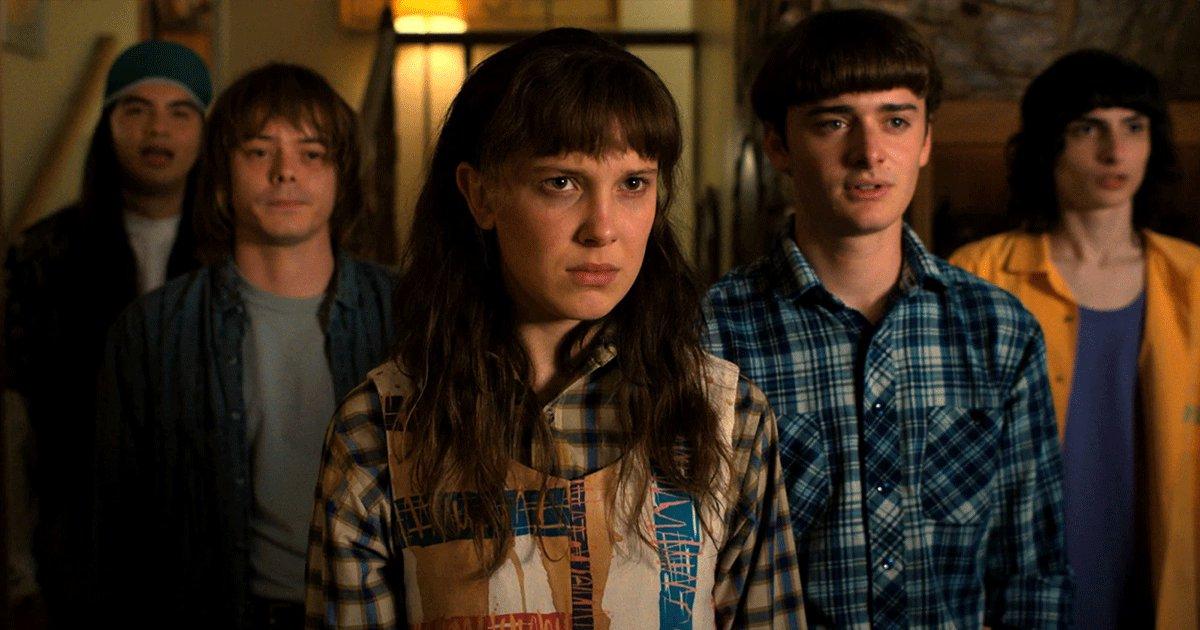Social media is a cesspool of toxic sentiments and we are getting sucked into it deeper by the day. Even if we recognize the toll it takes on our minds, it is virtually impossible to resist the urge of mindless scrolling.
Social media platforms are notoriously engineered to lure you in and keep you hooked, leading to a behavioural addiction driven by the subconscious impulse of mechanical engagement which increases your dependency on it over time.
If we call it a hellsite yet return to it every day by our own choosing, that’s a pretty apt metaphor of actual hell
— LOOK AT THIS GRAF (@SDCatholic) January 27, 2021
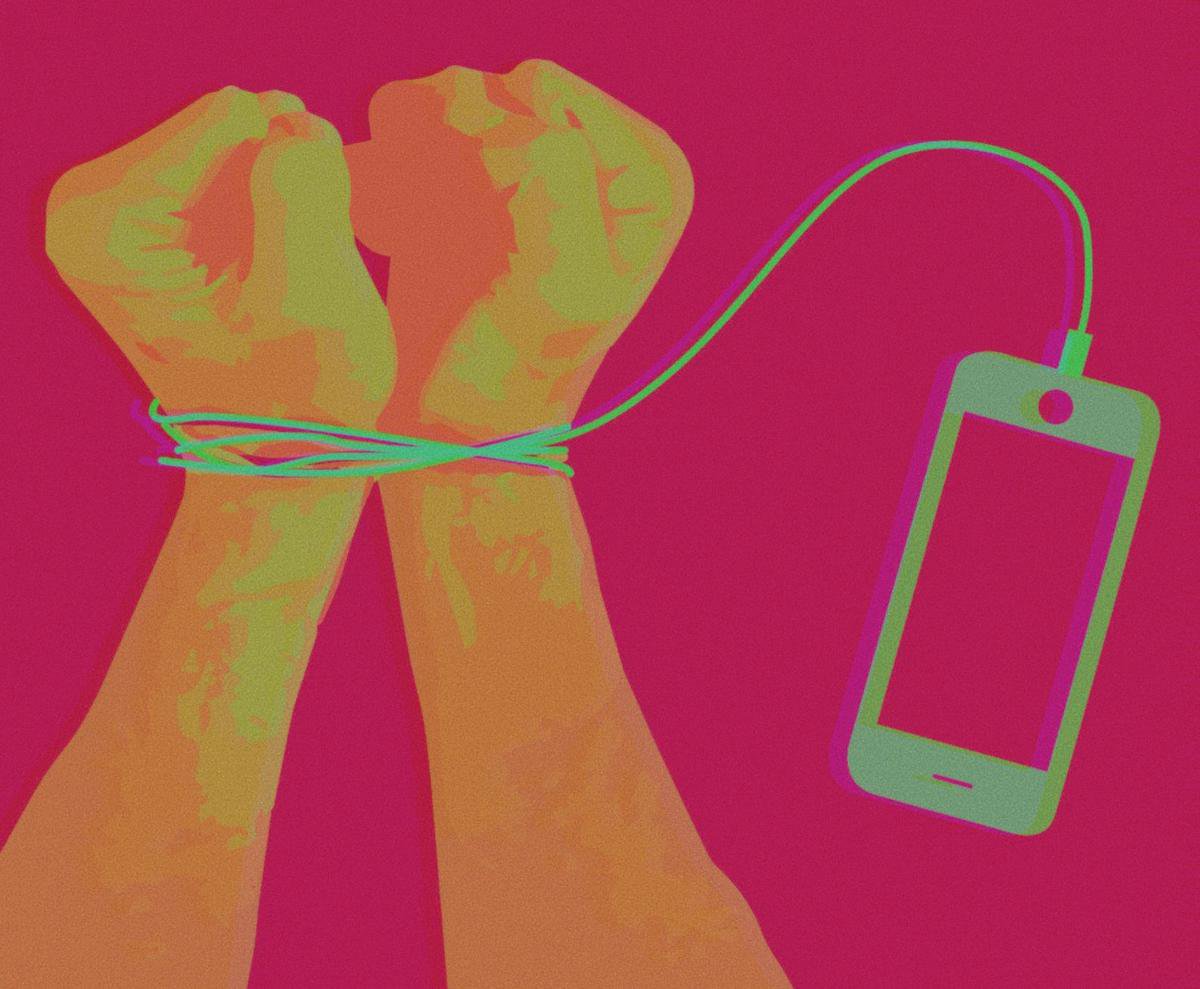
However, feeding into our addiction only adds fuel to the networking giants and the continual dispersion of misinformation, malignant propaganda and a distorted version of reality which triggers a series of mental health catastrophes such as depression, body dysmorphia and self-loathing to name a few. In 2022 alone, it is predicted that almost 330 million will potentially suffer from internet addiction.
Caught in a pickle, social media users are beginning to realise the benefits of taking a hiatus from the platforms. The hashtag #digitaldetox is widely popular on Instagram with over 250,000 posts publicly sharing the benefits of their time off. Twitter seems to agree too:
#socialmediadetox 🙏 thanQ pic.twitter.com/0y6Trjs9Hr
— RAQESH BAPAT (@RaQesh19) February 3, 2022
T.J. Watt is leading a social media detox campaign this week to raise awareness about screen time addiction and cyberbullying, going dark on platforms along with six teammates: Derek Watt, Chuks Okorafor, Devin Bush, Trai Turner, Joe Haden and Diontae Johnson. pic.twitter.com/P0FoxqQtPD
— Brooke Pryor (@bepryor) December 29, 2021
Social media would definitely be so much better if you add a detox button. Like literally, why hasn’t AI been deployed to allow people to go to a safe place where they turn off and maybe perhaps met with positivity for recharge. Whoever creates that game changer.
— Mark Monroe (@iammarkmonroe) February 1, 2022
Social Media Detox. Highly recommend it 🙌Most of us think growth is about continuing to move forward, but it’s also about taking a step back, even for social media managers! I took an unintentional hiatus from social media & now I’m back, feeling rejuvenated & more intentional!
— PointSocial (@PointSocial1) February 4, 2022
19. Don’t Let Social Media Become a Tick
— Moral Philosophy (@ML_Philosophy) February 6, 2022
I get it. Social media is a way to feel connected to your world and in the loop. But checking it can become a social tick that completely removes you from the world around you, and it’s time to break the habit.
Breaks from social media is self care
— breea🌺 (@breea_____) February 7, 2022
While a detox won’t create a long-term behavioural change, limited exposure to a simulated reality can help us declutter our brain by removing the unnecessary noise and negative emotional triggers that accompany social media.
When we detach from the virtual world, we enable ourselves the space for self-observation. Taking a step back from social media provides the opportunity to observe any obstructive thoughts and mental health triggers that might have adverse effects on our psychological well-being.
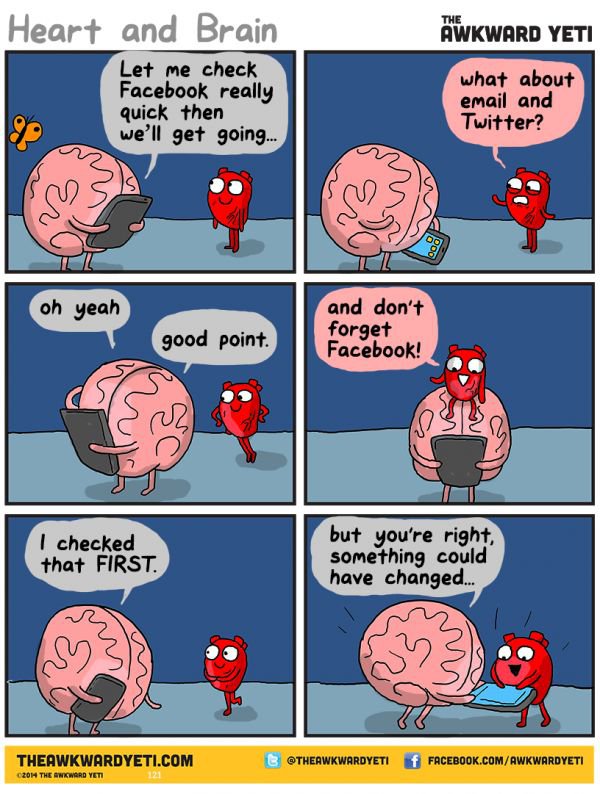
It is also worth noting that no matter how long we spend engaging with other bodies on the internet, social media is a sedentary activity. It comes at the cost of minimizing real-world interactions.
It’s ironic how a tool crafted to boost connectivity has isolated us from reality and wreaked havoc on our mental health. To ensure that social media has a positive impact on us, it’s important to be mindful of our usage. That means knowing when it’s time to take a break.




